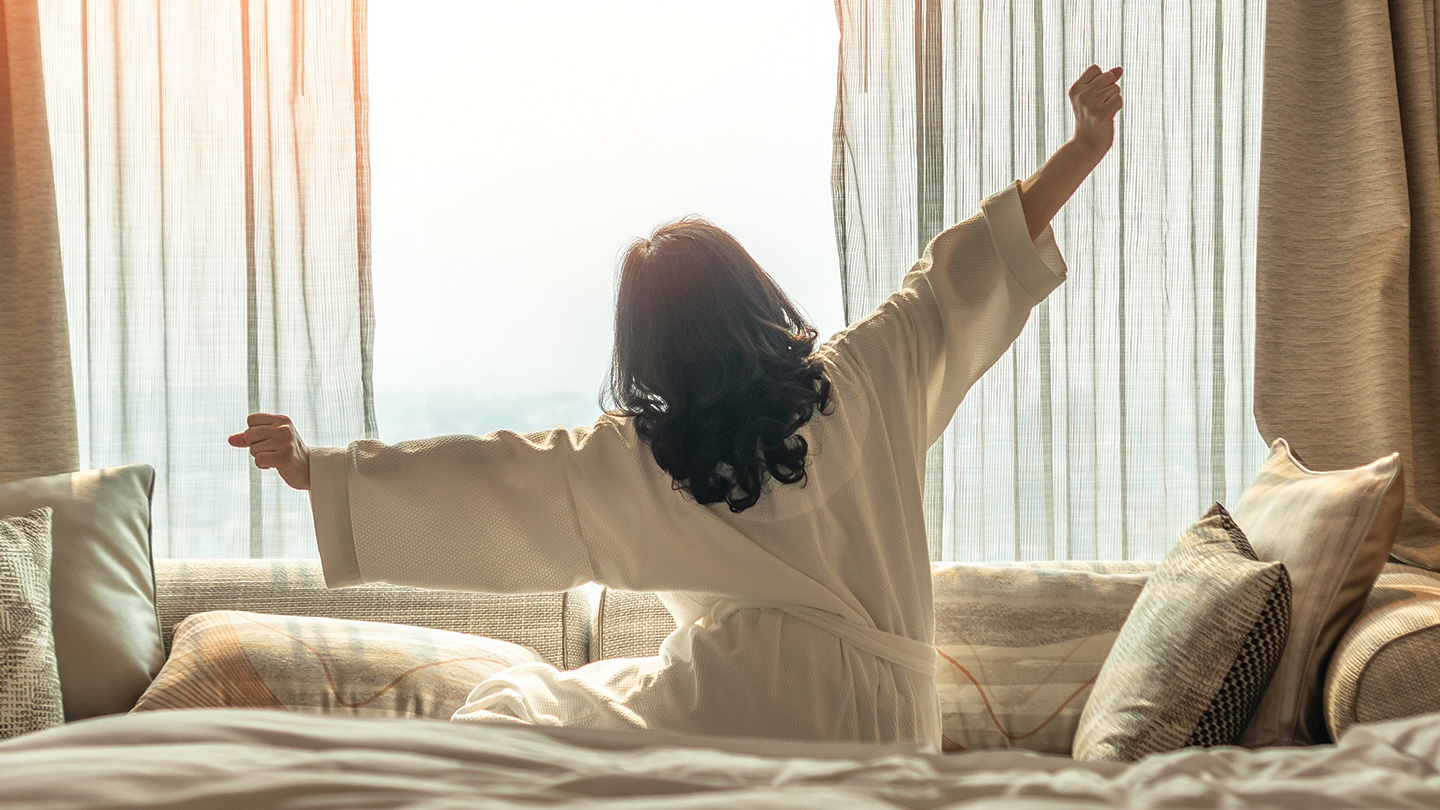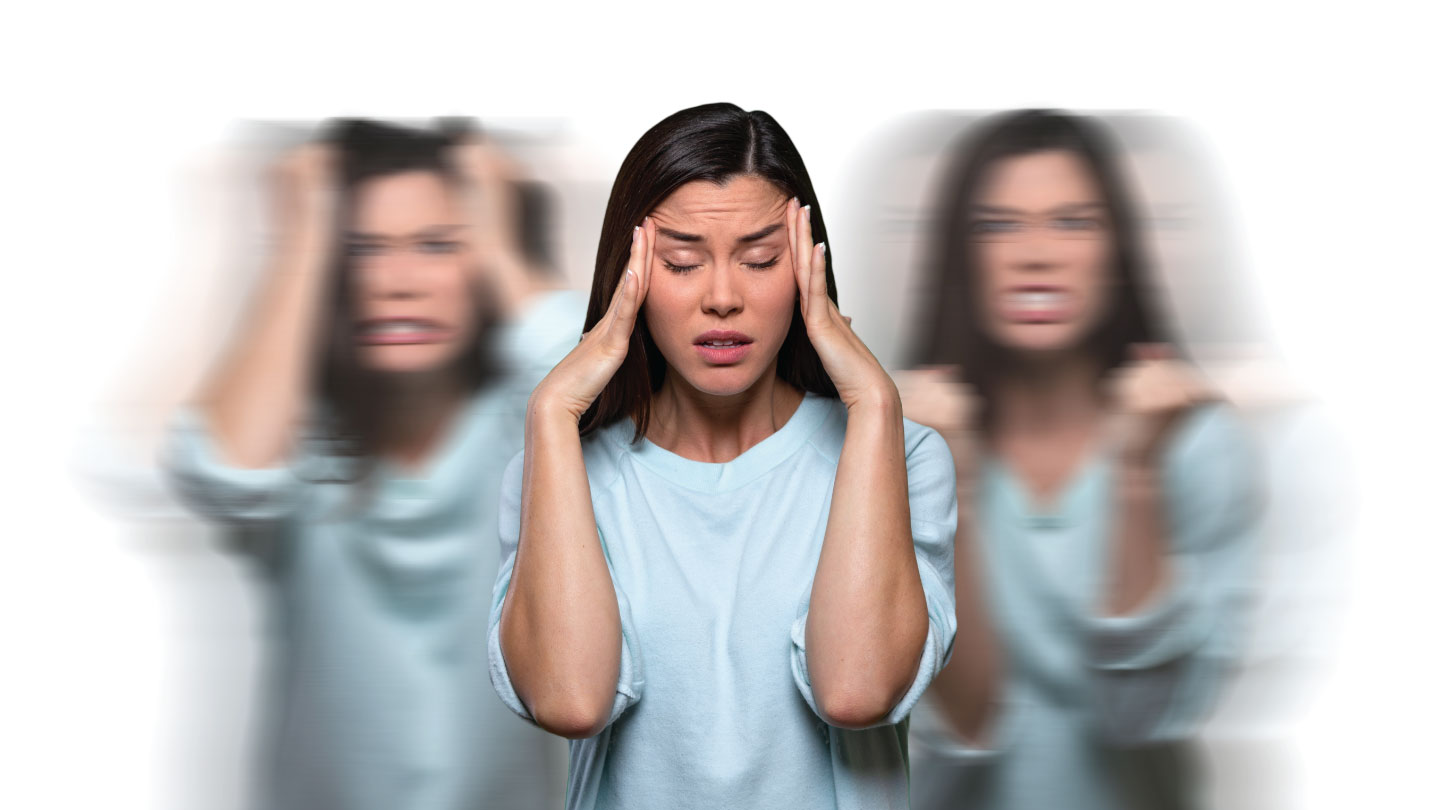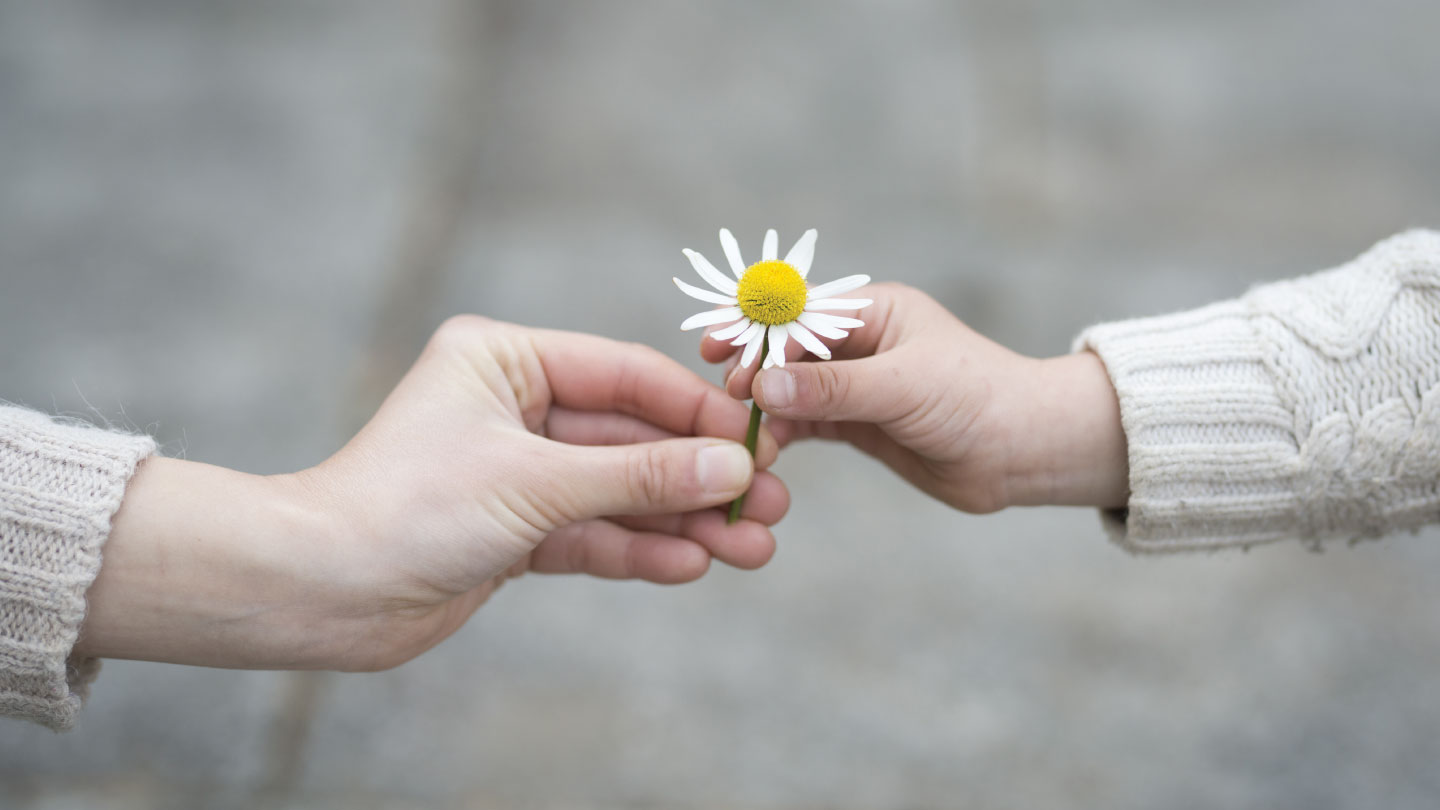Mental Health
Screen Time Could Be Sabotaging Your Sleep and Mental Health
Increased screen exposure is silently disrupting your sleep cycle and emotional well-being. From insomnia to clinical depression, know what research says and what you can do about it.

The Blue Light Trap: Why Screens Are Keeping You Awake and Anxious
It’s late at night, and your phone is the last thing you see before sleep, or at least what you hope will be sleep. But with more time glued to devices, an increasing number of people are battling sleeplessness, insomnia, emotional dysregulation, and even clinical depression.
According to the National Sleep Foundation, USA adults need at least 7–9 hours of sleep, but global trends suggest this is becoming a luxury. Emerging science now confirms what many experience firsthand. Increased screen time is negatively linked to both sleep quality and mental health.
Related story: What is a Sleep Divorce and How Can it Help Your Relationship
Screen Time and Sleeplessness: The Science-Backed Link
Research published in Nature Mental Health (April 2025) reveals that excessive use of smartphones and devices during the day is linked with disrupted circadian rhythms, especially among teens and young adults. The blue light emitted by screens suppresses melatonin, the hormone responsible for sleep and delays the body's internal clock, leading to difficulty falling asleep, frequent night wakings, and insomnia.
One study by UCSF Benioff Children’s Hospitals, USA (2024) followed 5,000 preteens over four years. Results showed that those with higher screen time, especially on social media and video platforms, were significantly more likely to develop anxiety, depression, and sleep disorders by the time they reached adolescence. The study controlled for other risk factors like socioeconomic background and pre-existing mental health conditions, making the correlation stronger and more concerning.
Another extensive review published in Progress in Neurobiology (2018) by Twenge et al., examined data from over 300,000 adolescents. It concluded that those who spent more than 3 hours daily on screens were twice as likely to suffer from sleep problems and depressive symptoms than their low-exposure peers.
Related story: How to Calm the Mind and Get a Good Night’s Sleep
Insomnia and Depression: A Vicious Cycle
Insomnia and depression are deeply interconnected. According to a 2024 meta-analysis published in the Journal of Affective Disorders, insomnia not only predicts depression but also worsens it over time. Individuals experiencing paradoxical insomnia: The kind where your body feels tired but your mind remains hyper-alert, are at higher risk for chronic mental health disorders.
The U.S. National Library of Medicine also highlights how prolonged exposure to screens leads to hyper-arousal, making it hard for the brain to shut down at night. This results in reduced REM (Rapid Eye Movement) sleep, which is crucial for emotional regulation, memory consolidation, and mood stability.
Related story: Sleep Disorders-Types, Impact and Treatment of Insomnia
Signs and Symptoms of Depression Due to Screen Time
If you or someone you know is experiencing the following, it may be time to consider a clinical depression test:
- Constant low mood or irritability
- Difficulty sleeping or excessive sleeping
- Lack of interest in daily activities
- Fatigue and brain fog
- Feelings of hopelessness or worthlessness
- Social withdrawal or excessive digital immersion
These signs and symptoms of depression can be subtle at first but often worsen without intervention, especially when tied to disturbed sleep.
Insomnia Treatment at Home: What Works
Thankfully, science-backed strategies offer hope. For those wondering, "can insomnia be cured?" The answer is yes, with consistent behavioural changes and sleeping habits. Here are some tips for insomnia treatment at home.
- Screen Curfew: Avoid screens at least 60–90 minutes before bedtime.
- Blue Light Filters: Use night mode or blue light-blocking glasses.
- Bedtime Rituals: Include meditation, journaling, or light stretching.
- Digital Detox Weekends: Reduce social media and news scrolling during downtime.
- Mindfulness Practices: A study in JAMA Internal Medicine (2015) showed mindfulness improves sleep latency and reduces insomnia symptoms in older adults.
While these home practices are a great start, persistent or worsening sleep issues may indicate a deeper underlying condition. If you're struggling with falling asleep, staying asleep, or waking up tired despite enough rest, it’s time to seek expert help.
Book a personalised consultation with a certified sleep specialist at URLife to get to the root of your insomnia and start your recovery today.
Related story: Yoga postures for good sleep
Our hyper-connected world demands digital access, but not at the cost of mental well-being. By recognising the link between screen time, insomnia, and clinical depression, we empower ourselves to make small yet powerful changes.
If you're asking yourself, "Can insomnia be cured?", begin by re-evaluating your relationship with your screens. It might be the first step towards a deeper sleep and better mental health.
Get instant access to personalised nutrition advice just for you. Sign up here.
EXPLORE MORE
You can’t always stop anxious thoughts, but you can move through them. Here’s how simple, everyday movement helps the body settle and the mind find calm again.
Most of us think we’re good listeners. But are we really? A simple technique called looping can change the way people feel heard.
More than just a mood, anger is a heat that builds up in your liver and metabolism. Dr Zankhana Buch explains how to cool it down with simple Ayurvedic practices.
We often think of kindness as a gift to others. But it’s also a secret way of nourishing your own heart and spreading happiness around you.








.jpg)
.jpg)


